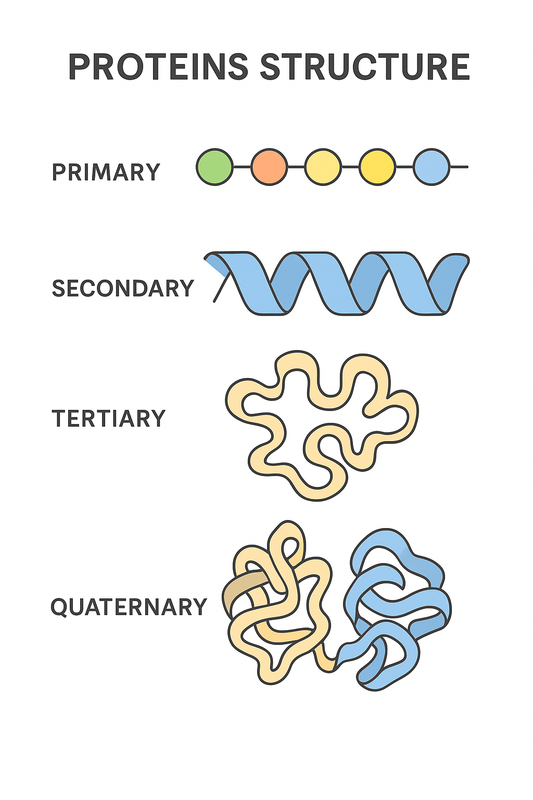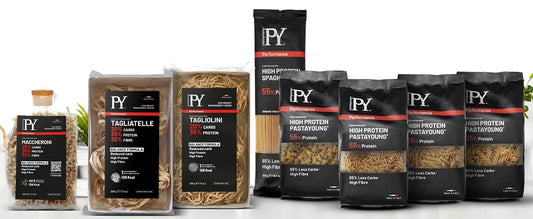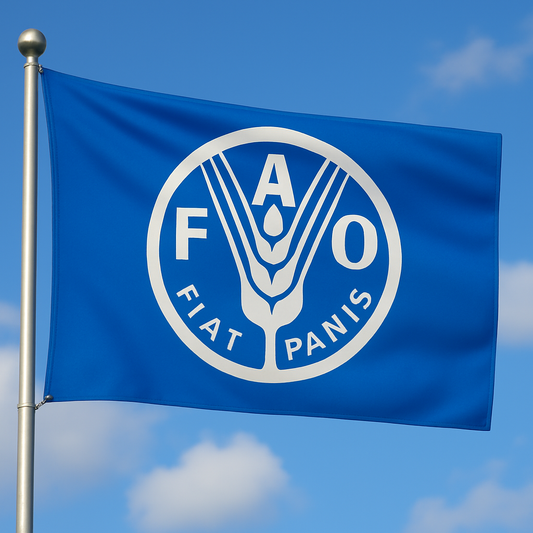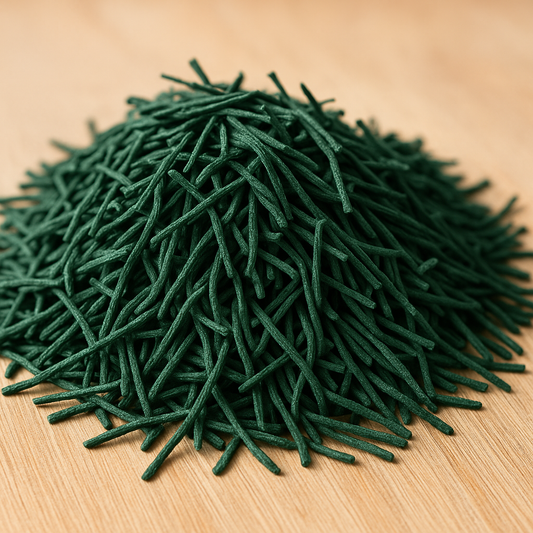
Proteins: definition and functions
Share
Proteins are a group of organic compounds made from amino acids bound by peptide bonds to form a long chain: imagine the protein like a necklace, and the amino acids as pearls. The sequence of the amino acids determines both the tridimensional structure and the function of the protein.

According to their function in the living organisms, proteins can be classified as antibodies, enzymes, messengers, and transport, storage and structural components.
The proteins we take from the food, however, are a fuel source.
The word protein comes from the Greek “protos”, primary.
To build and maintain health, our body needs to consume all the seven classes of nutrients daily; proteins are one of these, together with carbohydrates, fats, vitamins, minerals, fibre and water.
The first three are called macronutrients and provide energy: proteins, as carbohydrates, provide 4kcal per gram, while lipids provide 9kcal per gram.
Even more important, proteins are source of amino acids which our body uses to build the specific protein it needs. 9 of the 20 existing amino acids are called essential, because our body cannot synthetize them by itself, and therefore must source them from the food.
Beyond their nutritional role, proteins and peptides (shorter and simpler proteins) can also have a biological role, performing a biological activity such as opiate-like, antihypertensive, mineral-binding, antioxidative, antimicrobial, immuno and cytomodulating activity. Those proteins are called bioactive.

Finally, proteins also perform a techno/functional role in the food systems, being one of the main contributors of the physical state and behaviour of the food.
Their functional properties allow food ingredients to be soluble, absorb liquids, form gels or foams and aid the emulsification of aqueous and oily liquids. This results in interesting and enjoyable textures!




